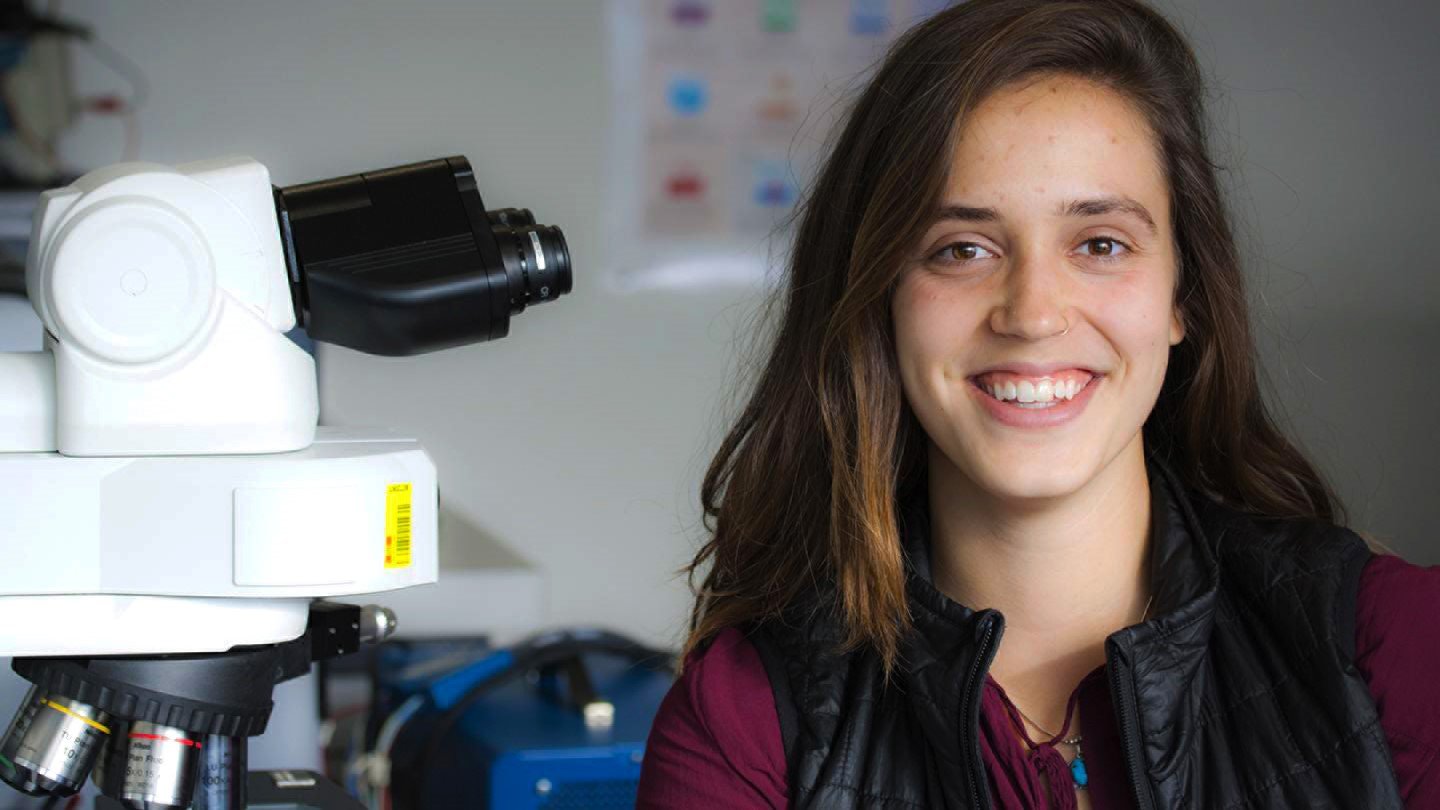Postdoctoral Fellow
Trinity College Dublin
Rebekah’s research interests lie in two-dimensional (2D) materials, specifically in harnessing their emerging quantum properties while using scalable production techniques amenable to large-scale devices. In addition to research, Rebekah is passionate about education with particular interests in pedagogy and the evolving nature of doctoral education in the 21st century.
Rebekah earned her B.Sc. in Chemistry with Highest Honors and Distinction from the University of North Carolina at Chapel Hill in 2016. It was during this time that she was introduced to the world of nanomaterials while working as an undergraduate research assistant in the laboratory of Professor Scott Warren. There she worked to characterize then novel nanomaterial phosphorene (2D black phosphorous), studying its (1) optoelectronic properties, (2) conditions for large scale production, and (3) mechanism of degradation in ambient conditions. For this work her thesis was awarded Highest Honors as well as the Jason D. Altom Undergraduate Research Award. Rebekah additionally discovered her love of teaching during this time, serving as an undergraduate teaching assistant in general chemistry every semester (and most summers) and taking additional courses in pedagogy in the UNC School of Education.
She continued to pursue her interests in both 2D materials and teaching as a PhD researcher Chemistry and Chemical Engineering (EDCH) at the École Polytechnique Fédérale de Lausanne (EPFL) in Switzerland under the supervision of Professor Kevin Sivula. During her thesis research she developed solution processable methods for producing high-quality semiconducting nanosheets for optoelectronic applications. Her main achievements include (1) a novel powder-based electrochemical exfoliation technique, (2) a scalable method for controlling optoelectronic properties via atomic tuning, and (3) an apparatus for the roll-to-roll deposition of nanosheet thin films. During this time, she was a teaching assistant for general chemistry for medical students, general chemistry for engineers, and chemical engineering labs – teaching in both English and French according to need. She additionally served as the EDCH PhD representative, working on initiatives in mental health, PhD student integration, and safety. She formed the EDCH PhD Student Committee and launched the EDCH PhD buddy system.
Successfully defending her thesis in July of 2022, Rebekah was awarded the EPFL Institute of Chemistry and Chemical Engineering (ISIC) Doctoral Thesis Award. Other accolades include the Materials Research Society (MRS) Graduate Student Award Gold, European-MRS Young Researcher Award, Royal Society of Chemistry Young Researcher Development Grant, and MIT Rising Star. Additionally, this body of work earned her a spot as an invited speaker as a finalist for the Rowland Institute at Harvard, an MRS-NSF funded “Meet the Faculty Candidate” at the 2023 Fall MRS, and the 2024 Lopez-Loreta Prize (1 million Euros in funding).
Inspired by her time as PhD student representative, after graduation Rebekah spent 16 months working as a Project Officer in the EPFL Doctoral School. In this capacity she supported strategic planning in doctoral education, a school-wide review of all 22 doctoral programs, and the development of graduate-level courses and programs in transversal skills. During her tenure she led the EPFL PhD Excellence Program, facilitated the addition of four doctoral courses in transversal skills, and collaborated with a broad array of external partners such as Nestle, the Geneva Science Policy Interface, and the EuroTech Alliance to bring new opportunities to EPFL PhD students.
Currently, Rebekah is Postdoctoral Fellow at Trinity College Dublin under Professor Johnathan Coleman. She is funded by the Swiss National Science Foundation to study novel, printable 2D materials for electronic and optoelectronic applications. Sláinte!
